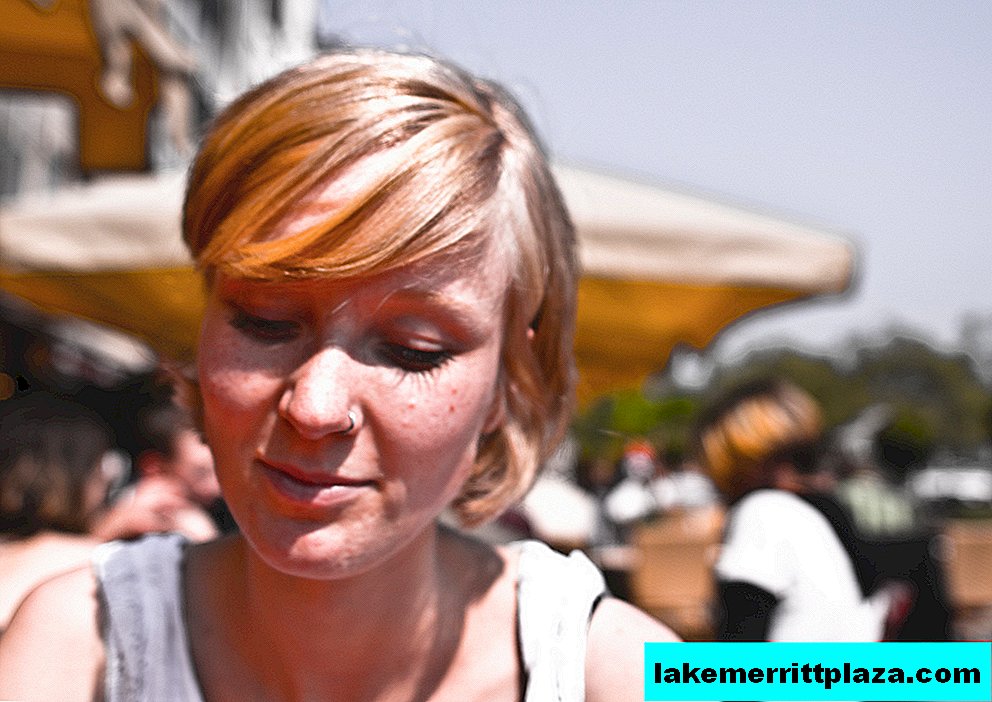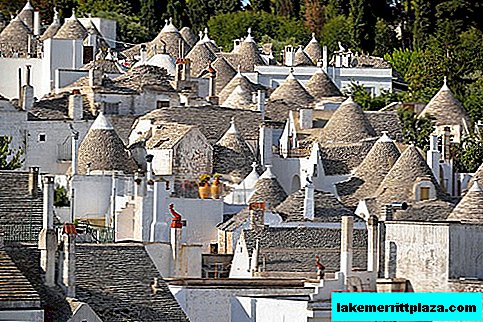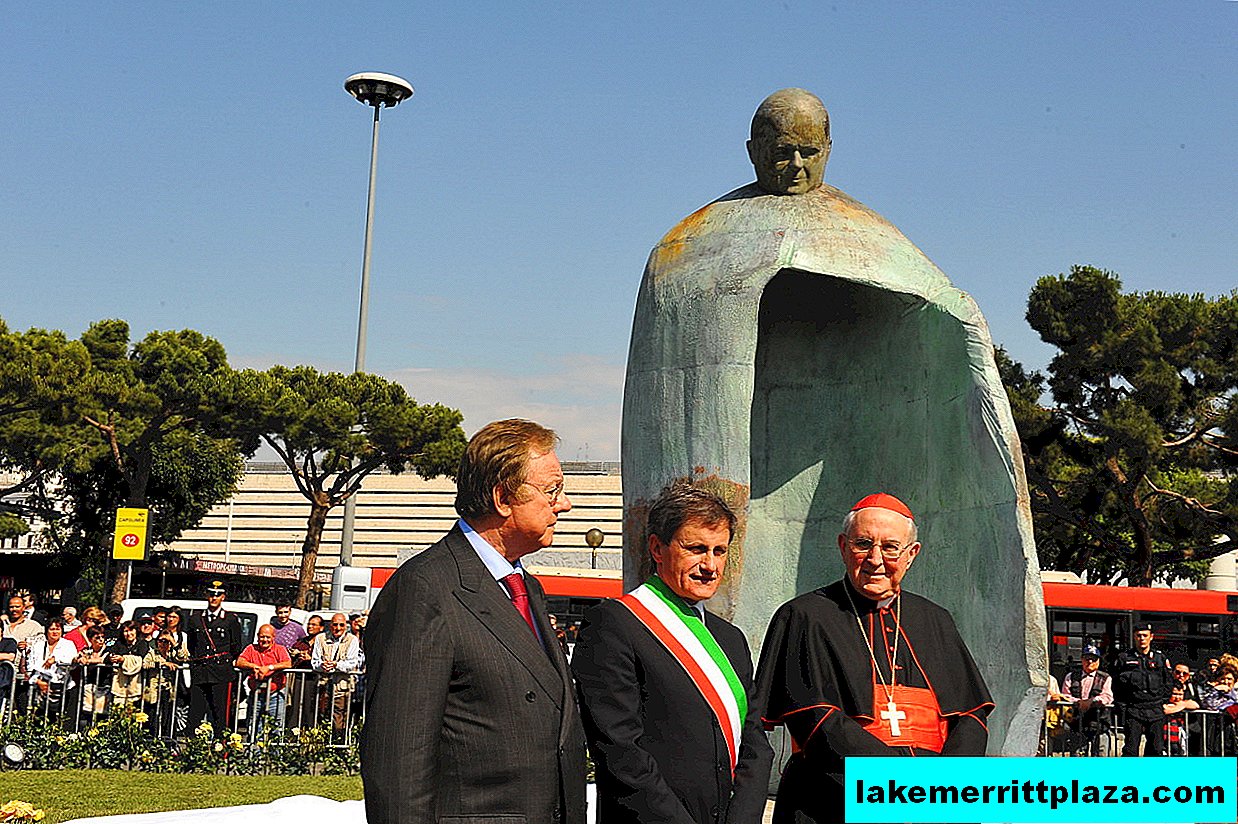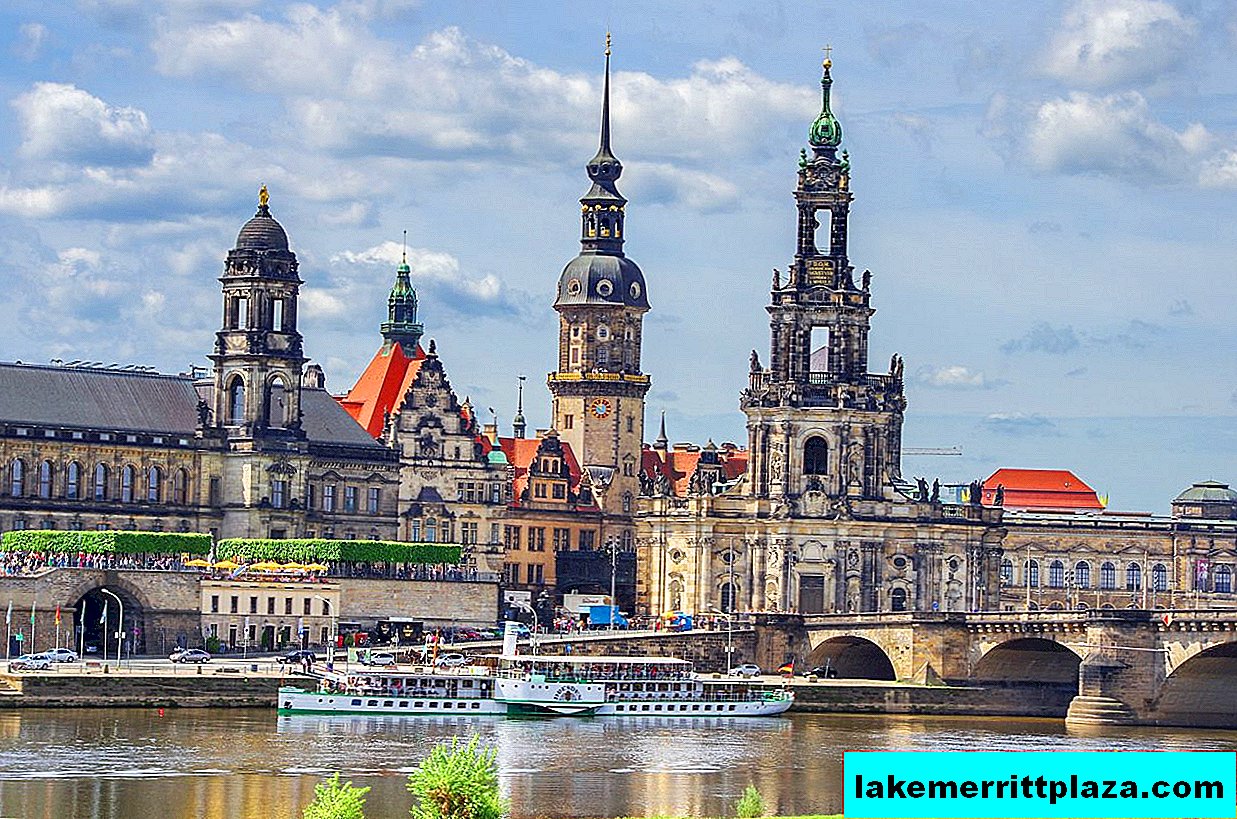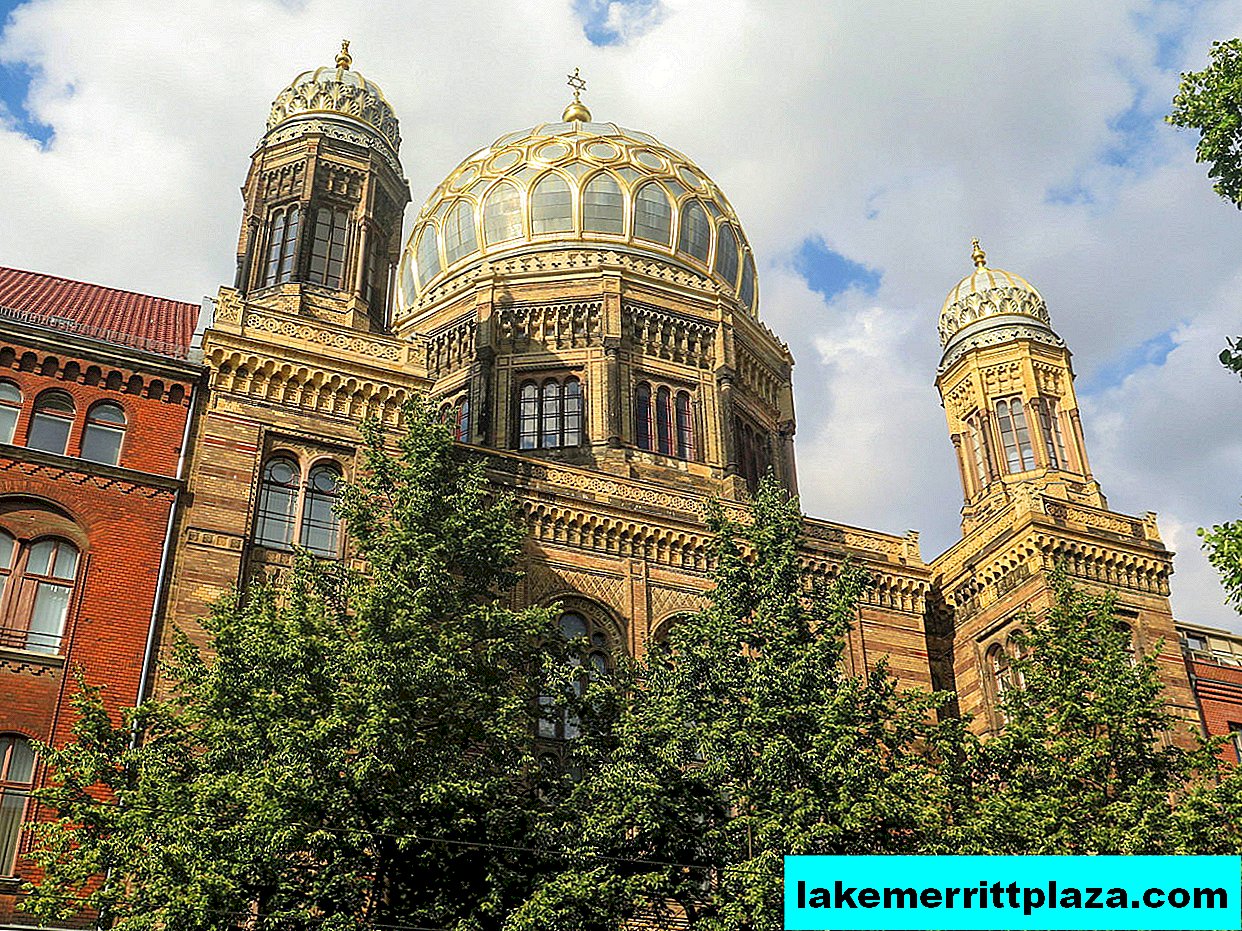They go to Italy because they have nothing to lose. They cross the sea and their pockets are empty. Their capital is only adventurism and a willingness to take risks. And they are at risk. They are risking to everyone that they still have or may appear - just to find their place in life and assert themselves. And sometimes they do it. And then washing windows and barges full of illegal immigrants are forgotten, like a nightmare.
They were not born in the European Union, yes, but decided to do business here. And often they do it pretty well. In recent years, when Italian firms close and young Italians flee to the Silicon Valley, these people open their businesses. According to the Italian Center for Socio-Economic Research (Censis), 379,584 foreign entrepreneurs are currently registered in Italy: while their number has grown by 16.5% between 2009 and 2012, and by 4.4% only for Last year.

Here in Italy, they find their America. They transfer money, pay taxes, and hire (3 million Italians work for foreigners). They are the new Italians. They create 11.2% of the country's GDP, which is 200 billion euros. And about 10 billion euros are transferred annually to the account of the National Institute of Social Insurance.
Why are they doing this? “They have enthusiasm and desire to move forward. They have already left all the worst behind. And they have a low price-opportunity bar. They do not give up on failure. They struggle. And even if they don’t have special talents in strategic thinking, they know how to use the opportunities we have when we don’t even see them, ”said Massimo Canovi, vice president of the South European division of MoneyGram International, an international association of 320 companies that direct cash flows around the world.
A few years ago, Canovi created the MoneyGram Award, the first award for entrepreneurs who immigrated to Italy. He told us some wonderful stories.
- Pole Marcin Saracen received the award in 2013. He is involved in the trade of Polish cosmetics and perfumes. In a short time, he turned a small company into a very large company with a turnover of 26 million euros. 90 people are currently working for him.
- Jean Paul Pougala, a native of Cameroon, was awarded in 2012. He came to Italy in 1985 to study economics and commerce. Today he teaches in Geneva at the Faculty of Sociology and Geopolitics and developed the Election Campaign Store: while in Turin, he provides advice on campaigning in Africa.
- Brazilian Lilian Altuntas once lived on the street, and now she is a successful entrepreneur. Arrived in Turin in 2004 after a short stay in Germany. Today she has five children and her own pastry shop.
 In 2009, she opened Lilian Buffet - a specialized store for the production of author's cakes. The MoneyGram Award received in the "Young Entrepreneur" nomination. "I never get tired of being amazed that I lived on the street 19 years ago and constantly hungry. And now in Italy I am awarded a prize for selling food." Lilian is one of the most sought-after pastry designers in Piedmont, with popular football players and politicians among her clients. "My secret? I am persistent. And I have a rule: first I make a client happy, and only then I think about making money," Lilian shared.
In 2009, she opened Lilian Buffet - a specialized store for the production of author's cakes. The MoneyGram Award received in the "Young Entrepreneur" nomination. "I never get tired of being amazed that I lived on the street 19 years ago and constantly hungry. And now in Italy I am awarded a prize for selling food." Lilian is one of the most sought-after pastry designers in Piedmont, with popular football players and politicians among her clients. "My secret? I am persistent. And I have a rule: first I make a client happy, and only then I think about making money," Lilian shared.

 In 2009, she opened Lilian Buffet - a specialized store for the production of author's cakes. The MoneyGram Award received in the "Young Entrepreneur" nomination. "I never get tired of being amazed that I lived on the street 19 years ago and constantly hungry. And now in Italy I am awarded a prize for selling food." Lilian is one of the most sought-after pastry designers in Piedmont, with popular football players and politicians among her clients. "My secret? I am persistent. And I have a rule: first I make a client happy, and only then I think about making money," Lilian shared.
In 2009, she opened Lilian Buffet - a specialized store for the production of author's cakes. The MoneyGram Award received in the "Young Entrepreneur" nomination. "I never get tired of being amazed that I lived on the street 19 years ago and constantly hungry. And now in Italy I am awarded a prize for selling food." Lilian is one of the most sought-after pastry designers in Piedmont, with popular football players and politicians among her clients. "My secret? I am persistent. And I have a rule: first I make a client happy, and only then I think about making money," Lilian shared.